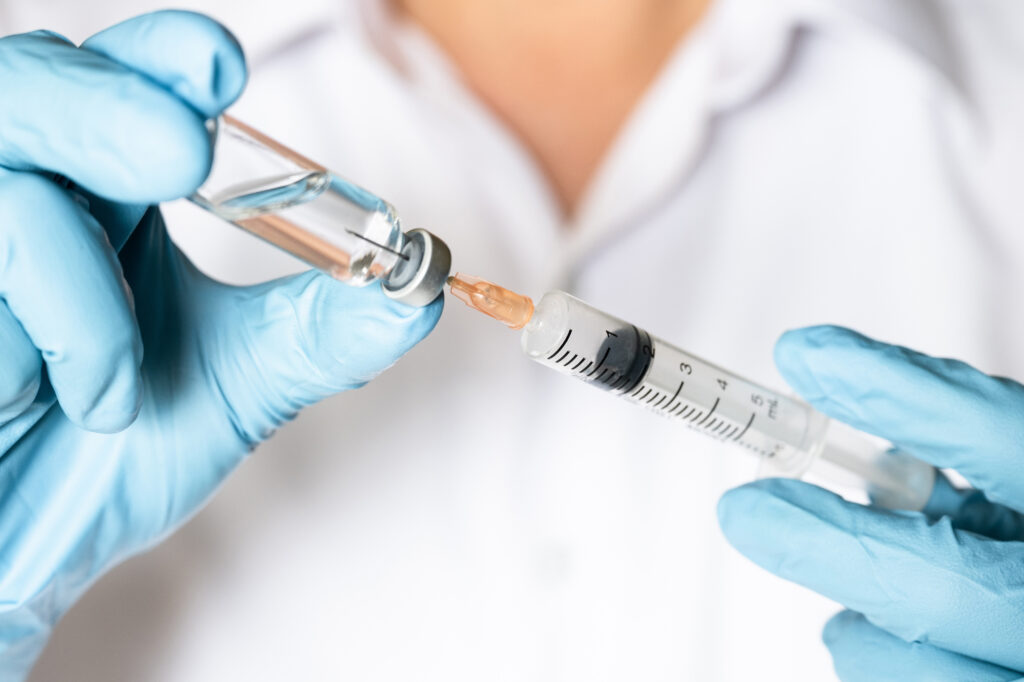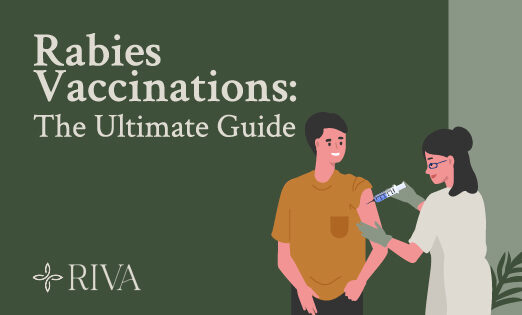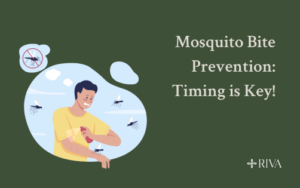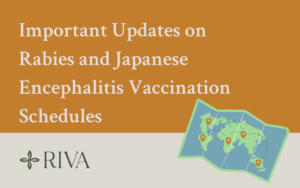With the continual developments and rises in COVID variants and infections in recent years, the global focus has (rightfully) been on preventing further health problems from these infections on a global scale. However, keeping sight of other troubling diseases that are still prevalent across the world is still absolutely essential.
It’s easy to overlook the dangers of a rabies infection when you live in a country that’s relatively free of the disease. But if the last few years have taught us anything, it’s that we simply cannot afford to neglect our responsibilities to educate and protect ourselves from potential risks.
Countries with rabies may already be vigilant, but it’s imperative that healthcare professionals know as much as they can in order to inform and reassure patients. Whether it’s for travel needs or for gaining a deeper understanding of the disease, we’ve put together the ultimate guide to rabies and rabies vaccinations.
What is Rabies?
Rabies is an infection of the brain and nervous system. While rabies is extremely rare in many parts of the world, the severity of a rabies infection is almost always fatal if not treated immediately.
While rabies has been common in animals like dogs, foxes and bats for centuries, the first known human case of rabies was found in the 1950s. Despite the fact that rabies is very much considered a rarity in the UK, rabies is prevalent in other areas of the world like Africa and Asia.
What Causes Rabies?
When an infected animal comes into contact with another animal, it can spread the virus through saliva or scratches entering the body. This infection can happen through broken skin, or via the mouth, eyes and nostrils.
It then travels through the nervous system and rapidly multiplies, infecting the brain.
People are just as susceptible to a rabies infection as an animal can be. In the case of humans, rabies is usually caught from receiving a bite, scratch, or saliva transfer from an infected animal.
Understanding Rabies Symptoms
Knowing and identifying rabies symptoms is absolutely vital. Once an infection spreads and symptoms begin, you have very little time to prevent fatal consequences.
At the initial stages, it can be difficult to notice a rabies infection. The most commonly known early rabies symptoms are as follows:
- Headaches
- General nausea
- A high temperature
As you can see, these rabies symptoms are pretty standard symptoms for a number of other much milder ailments.
However, in the following days (or sometimes weeks) a rabies infection will cause more severe symptoms, such as:
- Sudden paralysis or extreme difficulty moving
- Frothing at the mouth
- Problems with breathing and swallowing
- Producing too much saliva
- Aggressive behaviour
- Hallucinations
Unfortunately, once these second rounds of severe rabies symptoms begin, it’s usually too late to prevent fatalities.
Treating Rabies
If an individual has been infected with rabies through a bite or scratch, and they haven’t received a full course of rabies jabs, there are 3 main steps to treating the infection:
Step 1. Thoroughly clean the wound and infected area with soap and water. Try to continuously clean the area this way for at least 5 minutes.
Step 2. If possible, try to disinfect the bite or scratch area with an alcohol-based solution. After that, lightly dress the wound to offer some basic protection.
Step 3. Immediately after this, visit the nearest hospital or healthcare practice to explain what has happened.
With healthcare services being extremely overwhelmed due to COVID, steps one and two here are vital to making step three a little easier (and safer) for all parties involved.
Contracting Rabies Abroad
If an individual is outside of the UK when potentially exposed to rabies, it’s essential that they immediately seek out medical help. Under no circumstances should they wait until they return home to tell someone of a potential rabies infection.
Even if the suspected rabies symptoms are extremely mild, or haven’t occurred at all, it’s still always best to make a healthcare professional aware of this. The sooner someone gets a diagnosis or an all-clear from a scratch or bite, the better.
Countries with Rabies
As the world attempts to return to some form of normality, it’s important that the rabies risks for travellers are made as clear as possible.
Countries with rabies tend to have a high volume of stray dogs, foxes and wild bats. When preparing to travel abroad, consider the high risk of rabies infection rates in the following countries and prepare accordingly.
- Afghanistan
- Argentina
- Brazil
- Bangladesh
- China
- Costa Rica
- India
- Kenya
- Nigeria
- Pakistan
- Poland
- Thailand
- Vietnam
- Zimbabwe
Rabies Vaccinations
If an unvaccinated person is exposed to rabies through a bite or a scratch, then they’ll require rabies immunoglobulin to provide them with antibodies to immediately combat the rabies virus. In addition to this, a course of post-exposure rabies vaccinations will be needed to further combat the fatal infection.

If you are pre vaccinated (a course of 3 rabies vaccines) you will not require rabies immunoglobulin. Instead, following a risk assessment, you might receive two further rabies vaccinations to boost your immunity.
Each treatment might differ depending on a thorough risk assessment. Generally speaking, these are the standard practices when treating a potential rabies infection.
RIVA Rabies Vaccination Courses
At RIVA, we know first-hand just how much pressure frontline healthcare workers face, day in and day out. Not only are you expected to remain calm under extreme pressure, but you’re also the first and last voice of reassurance and authority when it comes to rabies vaccines.
Unfortunately, healthcare workers aren’t always given the support needed to speak on matters like rabies vaccines with confidence. More than ever, medical professionals need a rabies vaccine course that will help them speak and act with confidence while everyone around them is unsure.
Our rabies vaccination courses equip nurses and other essential workers with the ability to do their jobs well, and with greater efficiency.
RIVA’s rabies injection courses are much more than a ticked box. To us, it’s the beginning of a long-term commitment to inspire, motivate and empower healthcare professionals at the forefront of immunisations.
About Riva
RIVA is led by travel health expert and public speaker Katy Peters. As one of the most innovative and insightful voices in healthcare, Katy has dedicated her life to training. Supporting and inspiring healthcare professionals around the world.
Katy studied travel health at the Royal College of Physicians and Surgeons in Glasgow, where she was awarded the Cameron Lockie Prize for academic excellence.
She believes in the power of impartial information and openness, in order to support healthcare workers and give people the information necessary to make the best choice possible for their lives.




